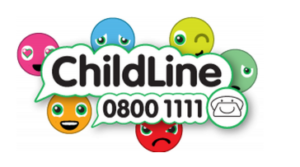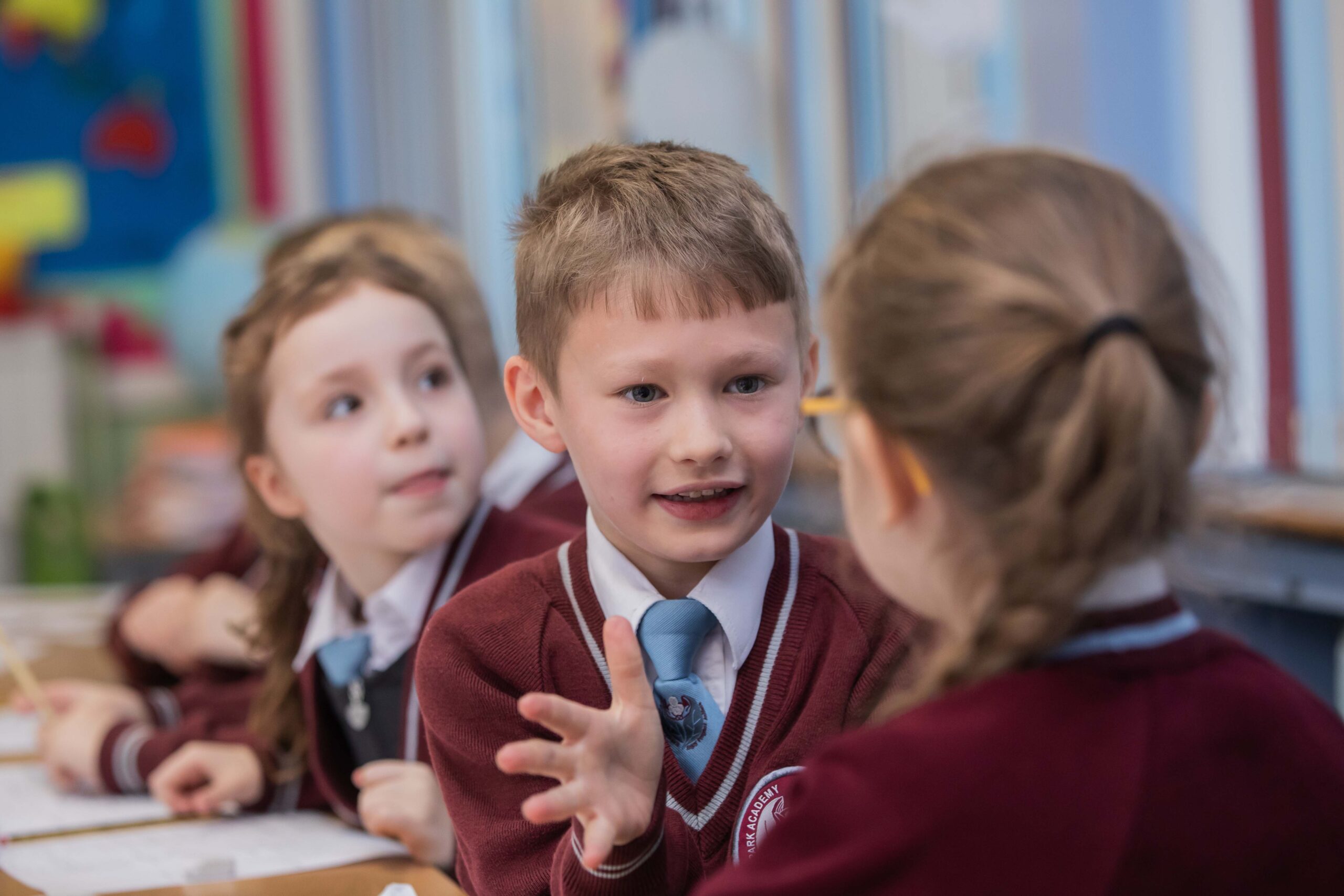The Music Partnership – Sliver Award
We are delighted to announce that Eaton Park has been awarded the Excellence in Music…
At Eaton Park Academy, we want all of our pupils to feel safe and happy in school. Our school’s child-friendly definition of bullying is: 
Bullying is hurting someone physically or emotionally Several Times On Purpose – STOP Bullying!
Remember, sometimes we don’t know if something bad is happening, so it is important to tell someone about how you are feeling. If you want to, you can always use our online worry box to share how you are feeling through our website.
Every year we support our pupils by taking part in the national Anti-bullying Week. During this week, our pupils learn about the different types of bullying, what they should do if they feel like they are being targeted and whom they can talk to.
Throughout the year, we have various assemblies and themed days linked to online safety, bullying, friendships and our academy values, which all underpin and support our pupils with being good role models and with their understanding of what bullying is.
We also support our pupils through the use of our academy’s Ambassadors who are trained on how to deal with any reports of bullying.
Miss Hayes & Mr Williams – Anti-Bullying Leader
Mrs Bell – Head of Academy / Safeguarding
Mrs Oakes – Inclusion / Safeguarding
Class Teachers
Physical – hitting, kicking, tripping up, pinching, pushing or damaging property
Verbal – name calling, insults, teasing, ‘jokes’, mocking, taunting, gossiping, secrets and threats.
Non-verbal – staring, body language, gestures, posturing.
Indirect – excluding / leaving people out, spreading rumours and stories, emails, chat rooms, messaging phones, notes, making rude gestures or faces.
Racist – name calling, or negative comments about race, culture or religion
Online bullying or Cyberbullying – any of those actions above that take place online through digital devices e.g., mobile phones, computers and tablets.
“Follow the Three Step Parents and Carers Guide to Reporting Bullying with Confidence.”
1. Is it bullying? Bullying is “Behaviour by an individual or a group, usually repeated over time that intentionally hurts another individual either physically or emotionally.” 2. What should I do? We expect parents to:
– Inform the school of any suspected bullying even if it’s not their child. – Encourage their child to report bullying to a member of staff. – Inform their child not to retaliate through violence in any situation. – If their child has been accused of bullying, work in partnership with the school and listen to the evidence.
3. What happens next? We will:
– Listen and take time to talk to children who disclose bullying, take what they say seriously and investigate the situation. – Report back to parents/carers regarding their concerns about bullying as quickly as possible. – Use a variety of techniques to resolve the issues between those who bully and those who have been bullied.
Digital Literacy Leader (Y2) – ‘Don’t talk to strangers online, if a stranger does talk to us then tell an adult.’
Playground Warrior (KS1) – ‘We stop bullying so nobody gets hurt in school. We must not hurt anybody physically.’
LKS2 Pupil (Y4) – ‘If we see someone bullying, we tell an adult and don’t keep it inside because it will keep getting worse.’
Digital Literacy Leader (KS2) – ‘We keep ourselves safe online by not giving our personal information out and reporting things we don’t like to a trusted adult.’
UKS2 Pupil (Y6) – ‘We know that our school definition of bullying is where you hurt someone Several Times On Purpose – STOP bullying!’
EPA Child Friendly Anti-Bullying Policy
Childline is a free 24-hour counselling service for children and young people up to their 19th birthday in the United Kingdom provided by the NSPCC. Childline deals with any issue which causes distress or concern, common issues dealt with include child abuse, bullying, mental illness parental separation or divorce, pregnancy, substance misuse, neglect and psychological abuse.
Childline is yours – a free, private and confidential service where you can be you. Whatever your worry, whenever you need help, however you want to get in touch. They are there for you online, on the phone, anytime.
A Childline counsellor:
6 Facts about Childline:
CONTACTING CHILDLINE
You can talk to them about anything. No problem is too big or too small.
Call them on 0800 1111 or get in touch online. However you choose to contact them, you’re in control. It’s confidential and you don’t have to give your name if you don’t want to.
CHILDLINE CONFIDENTIALITY PROMISE
Confidentiality means not telling anyone else about what you’ve said. So whatever you say will be just between you and Childline and you can feel safe talking to them, knowing that no one else will find out. But sometimes, if they are worried about your safety, they may need to get you help.
Kidscape – Help With Bullying (kidscape.org.uk)
Anti-Bullying Alliance – For Parents and Carers (anti-bullyingalliance.org.uk)
NSPCC – Anti-bullying resources | NSPCC Learning
Mindmate – Worried about bullying? – MindMate
Childline – Childline | Childline

Eaton Park Academy has been at the heart of our community for many years.
Our ambitious curriculum is shaped around the pupils and the community in which we serve.
Here you can find a collection of our latest news. We aim to keep all stakeholders as up-to-date as possible.
We are delighted to announce that Eaton Park has been awarded the Excellence in Music…
The government has launched a national campaign to remind parents and carers of the importance…
At Eaton Park Academy, ensuring the safety of our beloved students is our utmost priority.…
Tuesday 30th January 2024: Year 1 took part in our Kings and Queens workshop! 🫅👸…
Monday 29th January 2024: Year 5 travelled back in time to the Tudor Period to…
What fantastic trips to Chester Zoo Eaton Park has had! 🤩 The trips during the…
🏃🏼♀️🏃🏻♂️🏆Sportshall Athletics 🏆🏃🏻♂️🏃🏼♀️ On Monday 20th November, Eaton Park’s Sportshall Athletics team travelled to Fenton…
Yesterday, 80 families attended the Bread and Butter Thing @ The Bentilee Family Hub. A big thank you to all the volunteers,…
Alpha Academies Trust are very excited to be part of the collaborative approach to the…
If you require a paper copy of any of the pages / documents published on this website, please click here and complete the form stating which page(s) / document(s) you require along with your name and address.